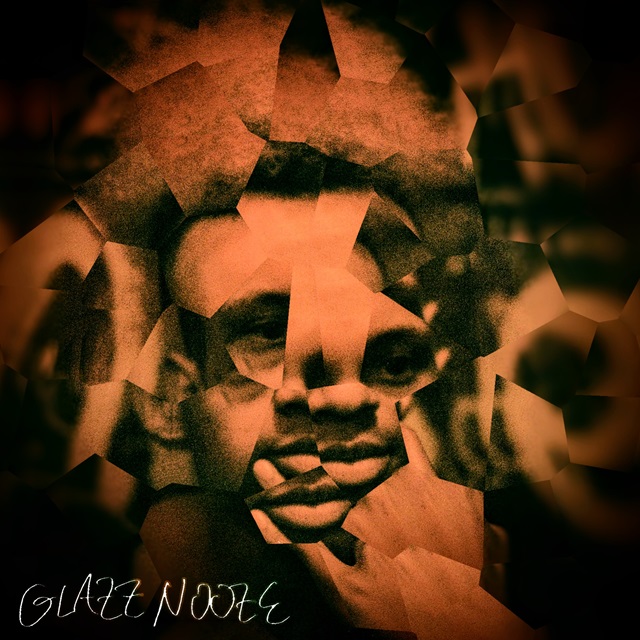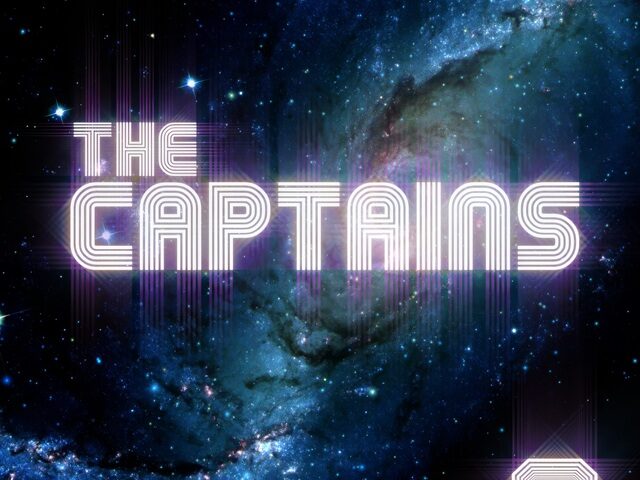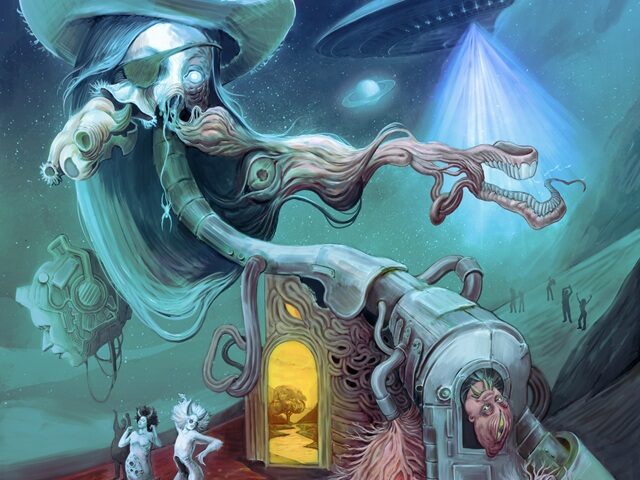
A dynamic rock sound invigorates throughout Glass Noose, the fourth album from Glass Noose. Originally the solo project of Tristan Zemtseff, the Pittsburgh-based band now includes Michya on guitar, keys, and additional vocals. Poignant lyricism combines with an eclectic tonal variety, succeeding from metal-core intensity to more subdued reflections. The result is extremely memorable. “I wanted to capture the essence of a self-titled album without it literally being a self-titled album, so I replaced all every ‘s’ in the name with a ‘z,’” Zemtseff explains.
A gripping album opener, “to be broken” traverses with a tonally climactic build — spanning from nocturnal guitar fragments and melancholic vocal weariness into an eruption of distortion-heavy ardency. A soaring array of anthemic vocals, whirring guitars, and clamoring percussion invigorate past the two-minute turn. GLAZZ NOOZE diversifies seamlessly between piano-laden introspection and hard-rocking metal influence throughout, so it’s apt that “to be broken” commences the release with a strong dynamic flair.
The subsequent “Sharpen the Blade” moves with a more immediate rock-forward passion. Clanging guitars and dreamy backing vocals assemble with ample intrigue, paired with introspective lyrics that ponder the power of choice and resulting outcomes: “”You know, it makes me wonder how things would have shaken out / If only for the butterfly effect.” The heavy rock arsenal combines with these reflective themes for a resonating success, and a showcase of the band’s direct rock passion.
Unfolding with a steadier structural intrigue, “the milk in the tea” excels with its venturing from forlorn guitar minimalism into an ardent push of bass-y propulsions and electric bursts. The relevant lyricism is seemingly reflective of the tension between humanity and technology. “One, eight, one, nine – an emergency exit with no time,” the vocals jump, signaling a sense of foreboding in the “emergency exit,” reference and ensuing “at least when we die, there’s no rest of the line,” commentary; it’s paired artfully with references to AI in contemplating the fragility of humanity in the context of overbearing technological influence. Glass Noose pair powerful musical charisma with introspective lyrical themes throughout the album with stirring success.
The epic, ten-minute “parts one and two” stands proudly as a centerpiece of the album, both chronologically and in its thematic core. “Purge the feeling, let it all back in,” the lush vocals encourage, followed by grimier guitar distortion and a darkening call: “Let’s parade through these dark and empty streets.” A commanding tonal escalation takes hold just prior to the three-minute mark, leading thereafter into a lyrical display that continues themes presented on “Sharpen the Blade” — particularly, the lingering impact of decisions. Multiple references to purging “the feelings,” and a sense of restriction capture how overwhelming emotions can impact one’s judgment, concluding in a “this is giving up,” finality that invokes a sort of surrender to overbearing emotional weight.
Concluding with the powerful “some people pray,” which highlights thrashing guitars within sporadic vocals, GLAZZ NOOZE firmly cements itself as succeeding with hard-rocking versatility with an impactful lyrical disposition — engaging with its depictions of emotional turbulence, modern technological threats, and existential dread. Glass Noose thoroughly impress across this album.





